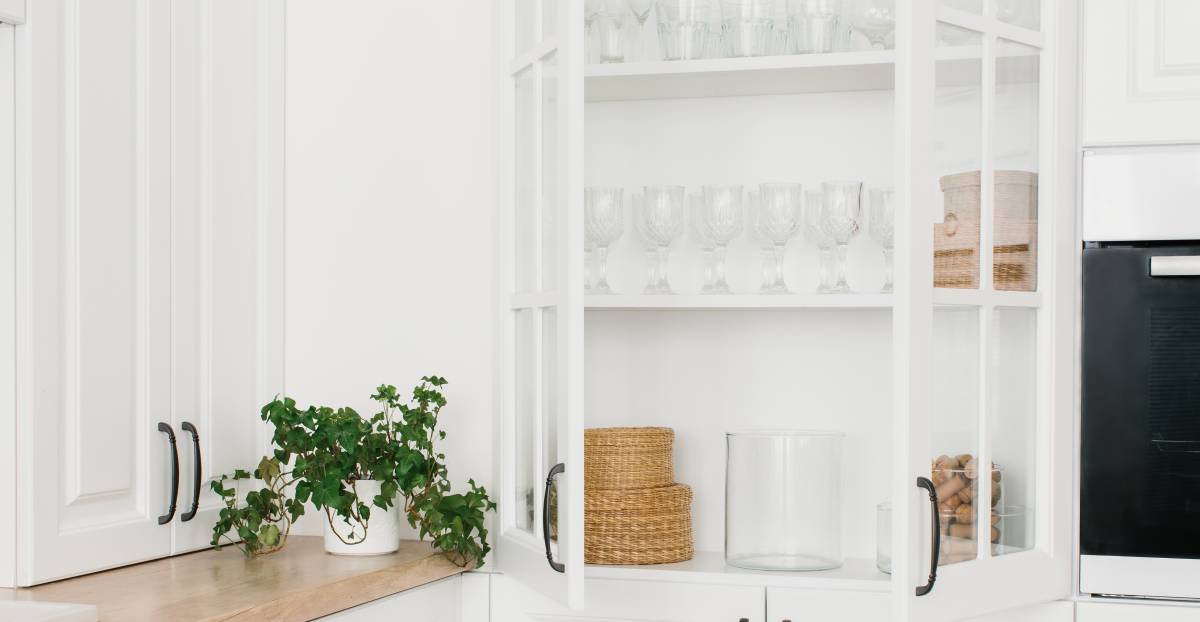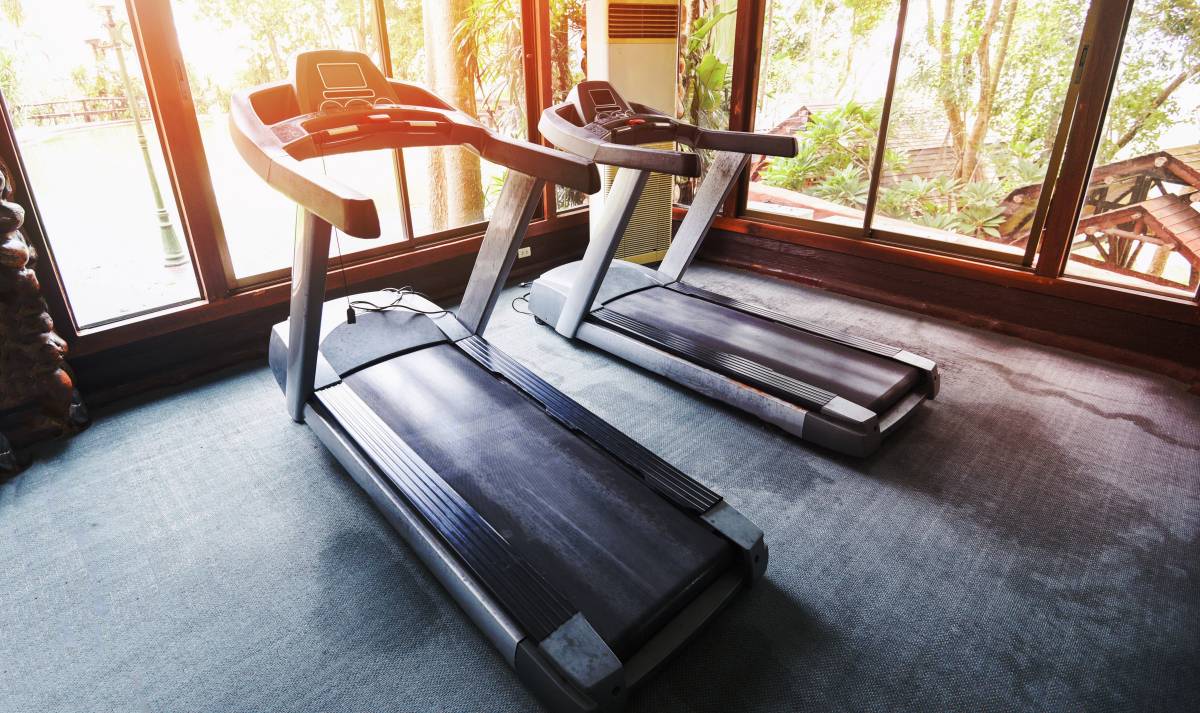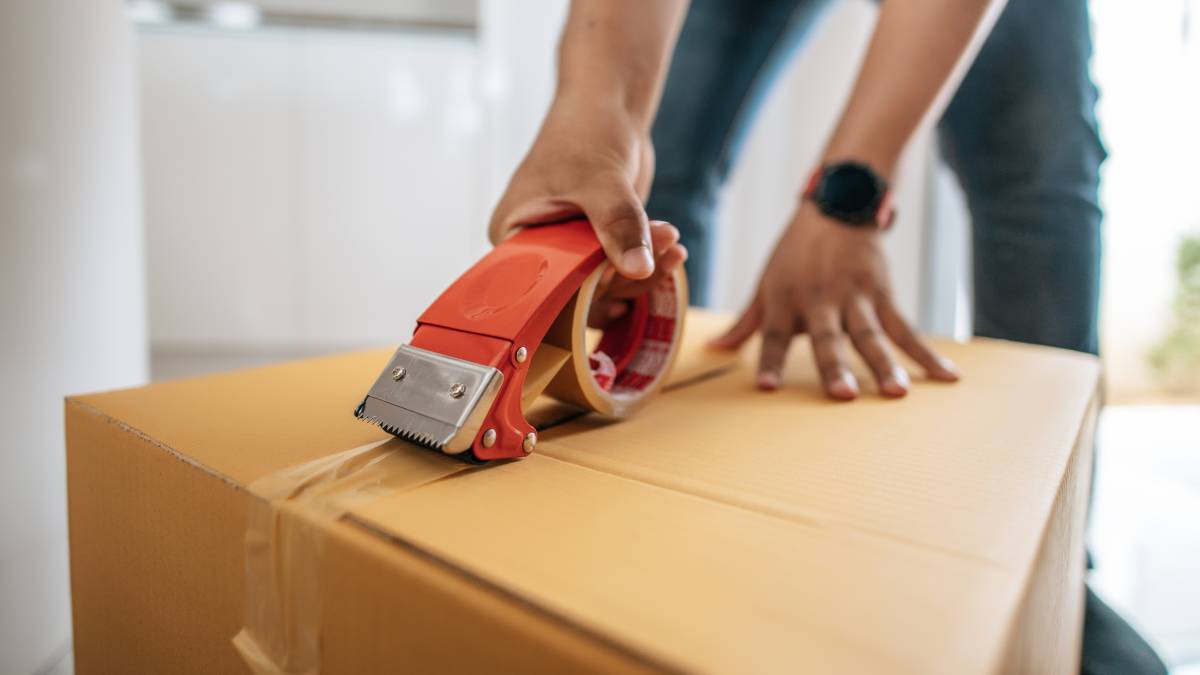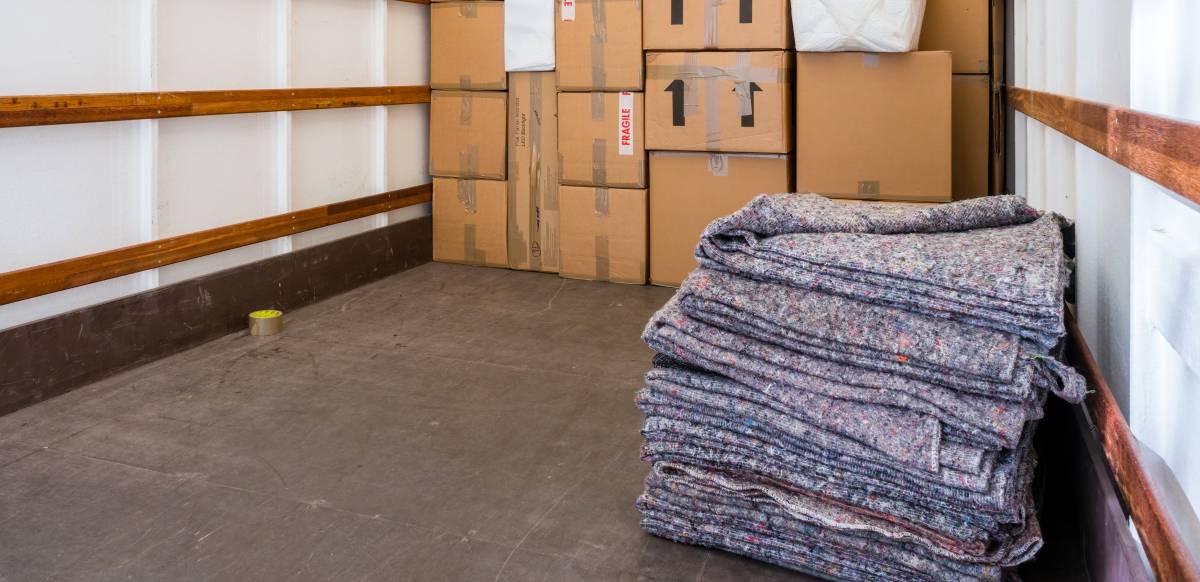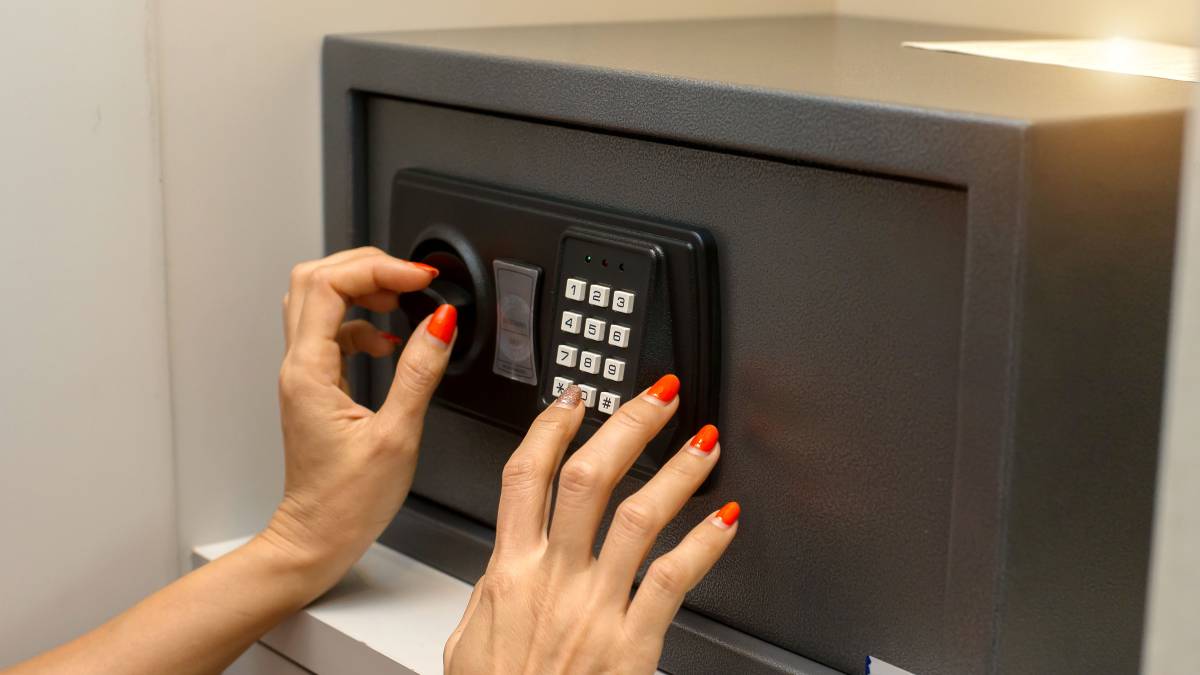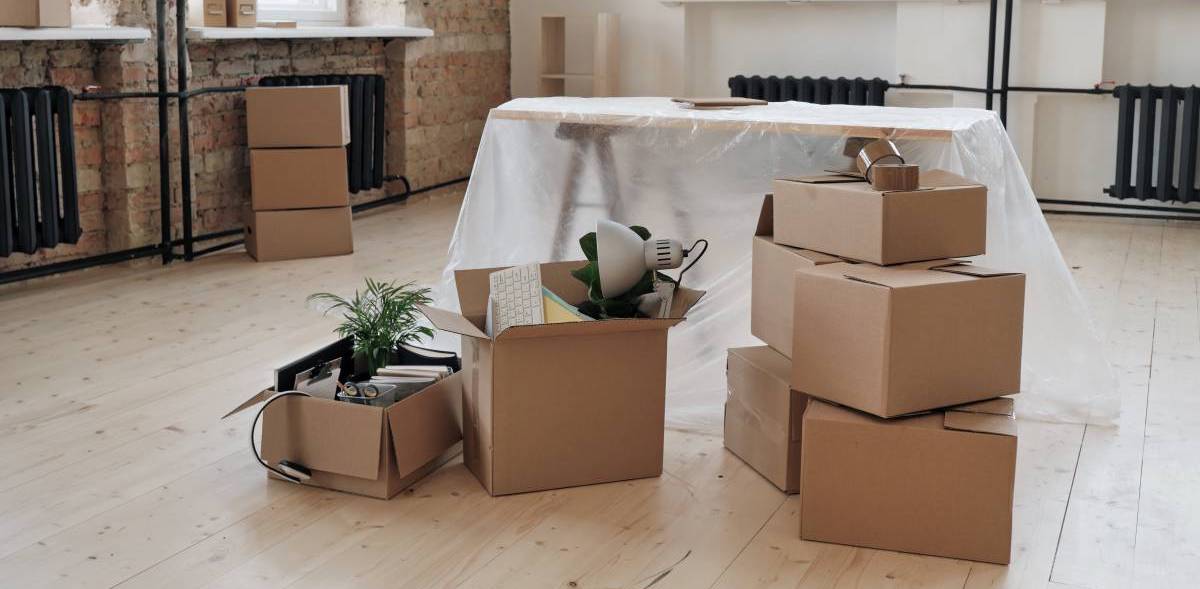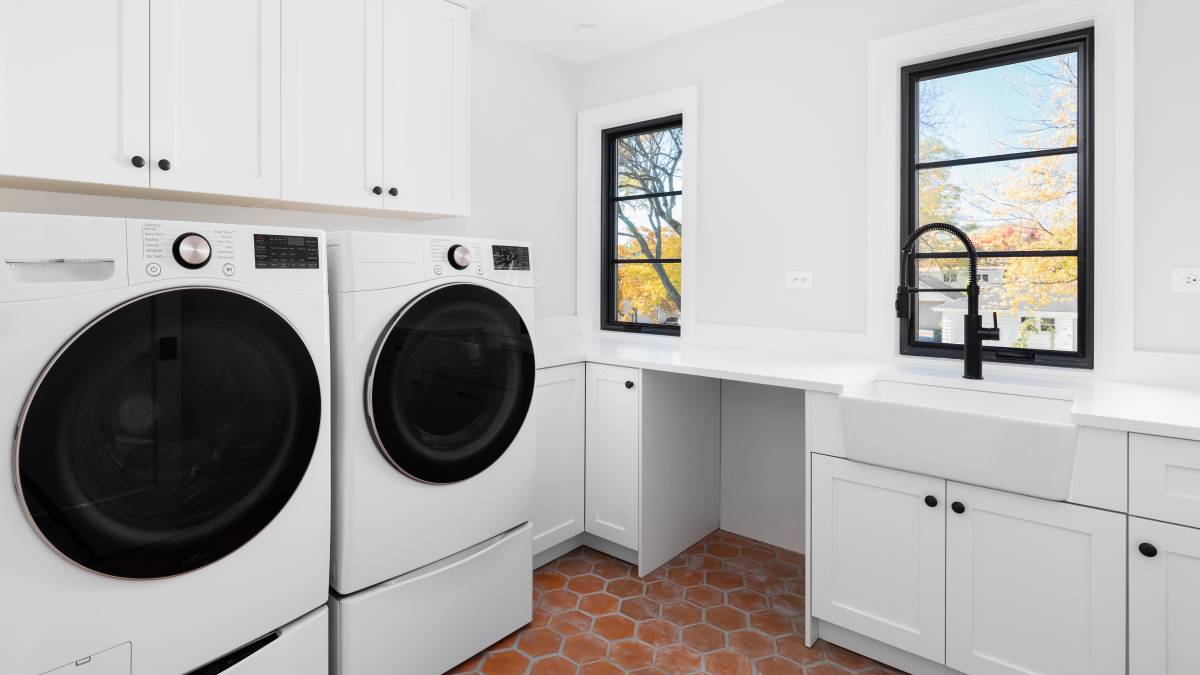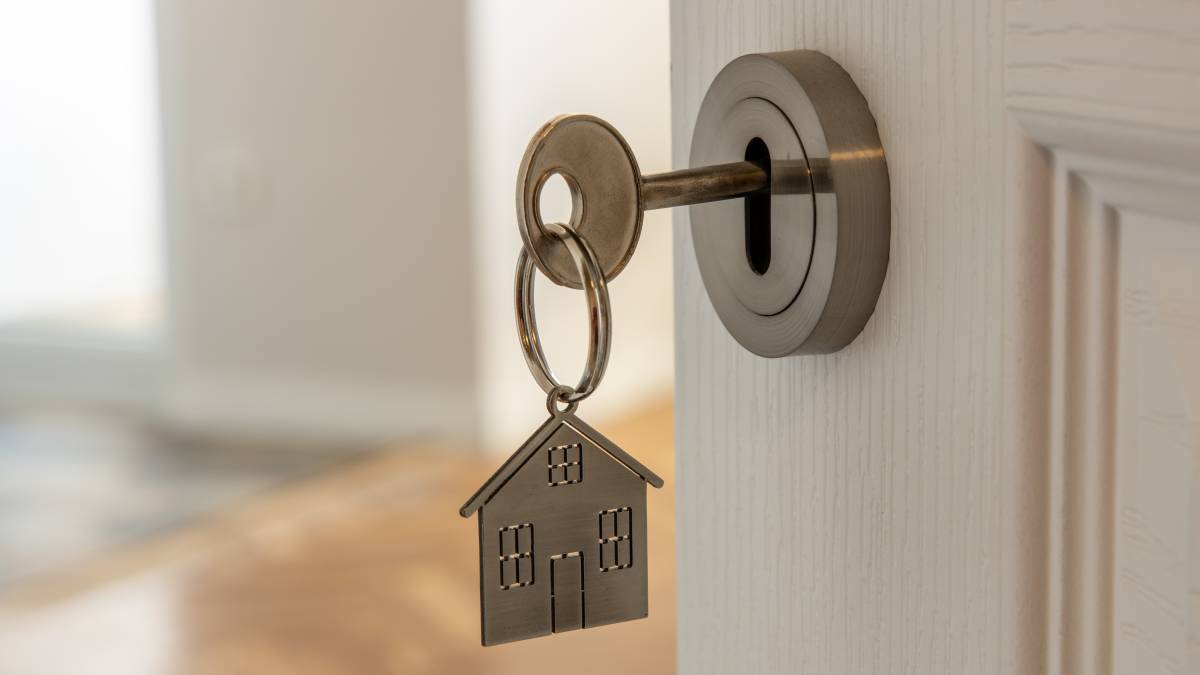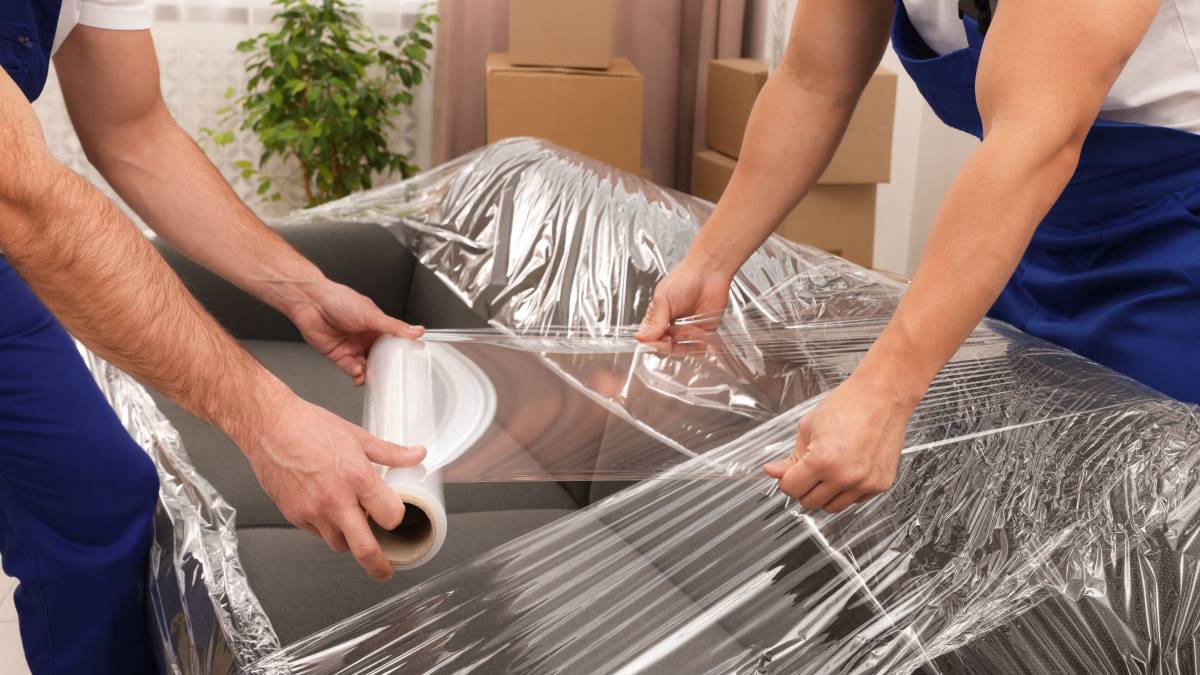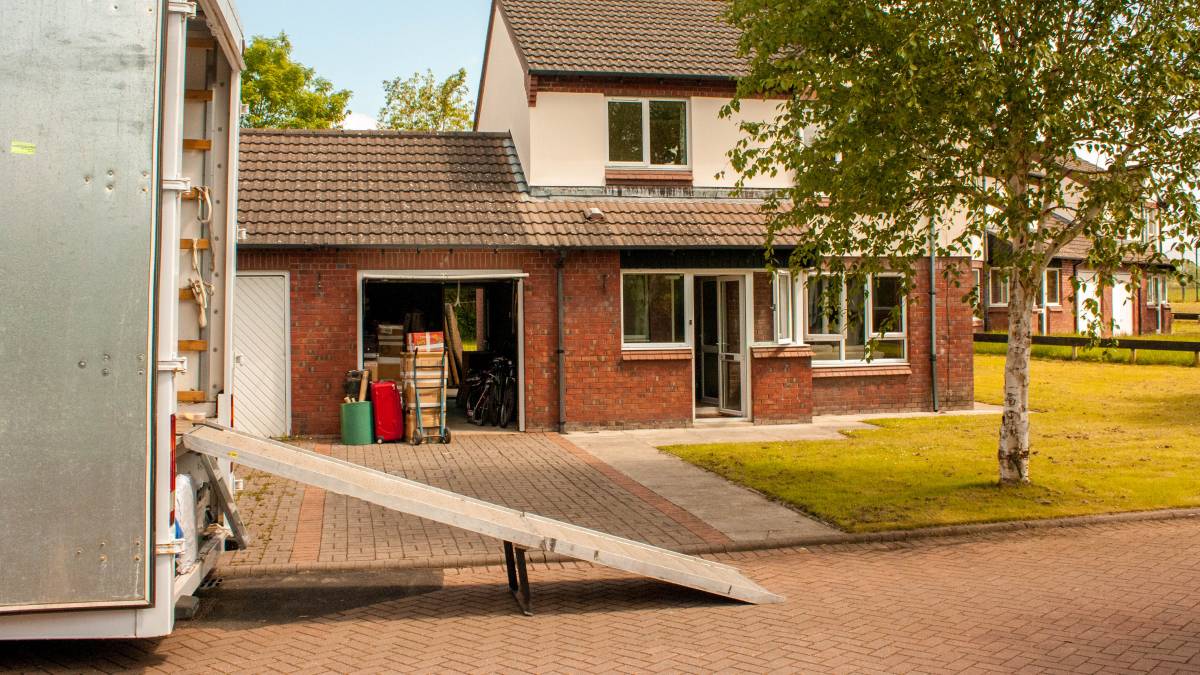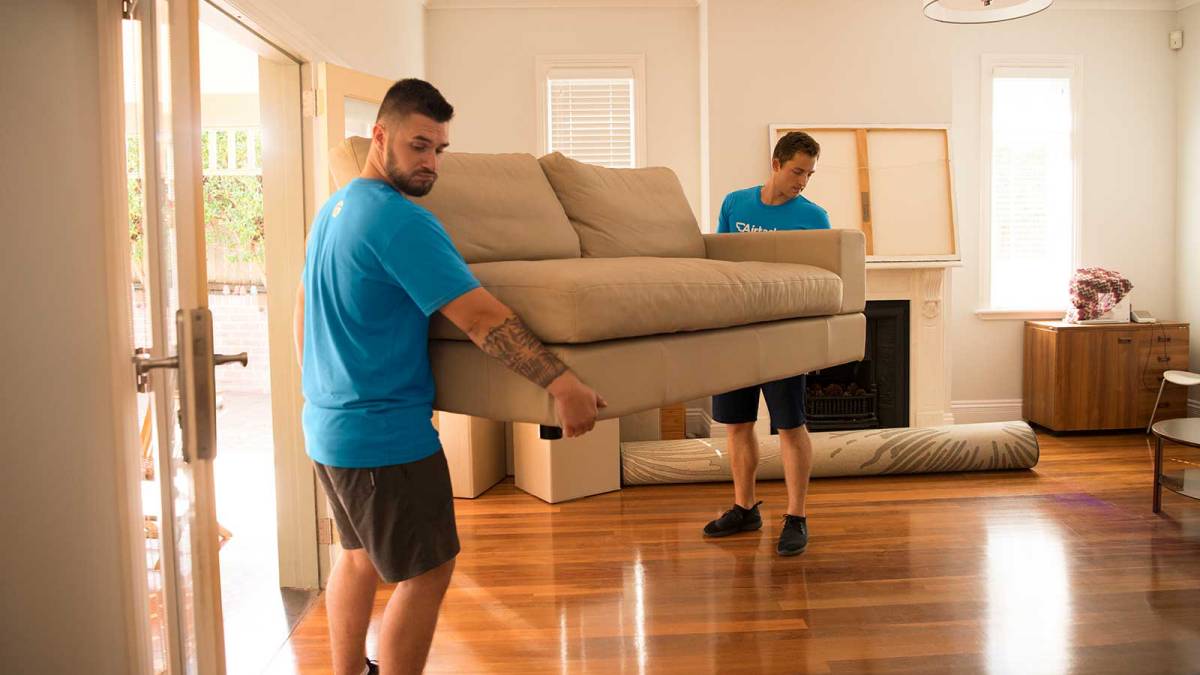
How to move out of home in 6 easy steps
Moving out of home to be independent doesn't need to be stressful.
Get help when moving outLast Updated on
Moving out of home can be a fulfilling experience for young adults. However, the task itself can seem daunting if not planned properly. Many factors come into play, such as your budget and future household responsibilities. It doesn’t have to be as stressful as it sounds, though.
If you’re moving out of home for the first time, this guide is for you. Read insights on how to move out of home so your transition to independent, fancy-free living can be smooth and less stressful.
Step 1: Find the right spot

Whether you’re planning on buying, renting, or living in a shared house, you will have to decide on the location that best suits your needs, budget, and lifestyle when you move out of home.
Ask family and friends if they have any areas to recommend. Once you have a few suburbs in mind, continue your research online. Perhaps check out some suburb reviews to see what the locals have to say about that specific area.
Online research is all well and good, but there’s only so much you can take away from photos. Be sure to attend a few open houses to see what properties are in your price range and, at the same time, get a feel of the neighbourhood you’re interested in.
Once you find a potential place to call home, be sure to check its proximity to your workplace, university, family, supermarkets, and public transport, as nobody enjoys a long, arduous commute every day.
Step 2: Set a budget

Living independently can be very expensive, so planning your budget before moving out of home is essential. A budget will help establish whether you can afford it and, perhaps more importantly, ensure you won’t be subsisting on two-minute noodles for breakfast, lunch, and dinner.
When working on your budget, consider the cost of rent, utilities (electricity, gas, and water), groceries, clothing, TV and Internet, transport, parking permits (if required), furniture, and appliances. Don’t forget to factor in certain ‘hidden’ expenses like the security bond (typically four weeks’ rent), utility connection fees, and home and contents insurance.
To determine if your move will be sustainable in the long term, we recommend calculating your estimated monthly income and planning a monthly spend covering food, bills, rent, transport, and other essentials.
Step 3. Set up house rules

If you’re moving in with a friend, partner, or flatmate, communication is the key to living in a happy and comfortable household.
The best way to avoid conflict in a shared environment is to set ground rules early on. Good topics to discuss with your new roomies include having guests stay over, house parties, labelling food, shower time limits, loud music, pets, leaving dishes in the sink, and smoking.
When raising concerns with your housemates, always respect each other’s opinions and listen to their feedback. It’s important that you feel like you can be honest and open with the people you live with. At the end of the day, if you’re uncomfortable in a certain living situation, there are always other options.
Step 4: Nail the chores

With moving out of home comes adventure, freedom, and newfound independence, but with independent living comes great responsibility.
To avoid being overwhelmed by housework, try making a schedule of chores for the first few weeks. This will help you get into a routine of doing the laundry, grocery shopping, cleaning, cooking, and putting the bins out. It can be worthwhile to draw up a cleaning roster if you live in a shared house to ensure everyone is chipping in equally.
Before your grocery shop, it’s wise to plan out your meals for the coming week, so you a) buy what you need, b) don’t overspend, and c) don’t blow the budget on takeaway meals. If you’re moving in with housemates, it can be fun to take turns cooking dinner or arranging a weekly group dinner to catch up, bond, and voice any concerns.
Step 5: Seek help

If you’re having financial or emotional trouble once you’ve moved out, don’t be afraid or too proud to seek help and advice from others.
If you’re moving out for the first time, doing a trial run can be a good idea before going the whole nine yards. You could have a crack housesitting for a friend or let your parents put their feet up and run the family household for a month or so.
Remember, your parents have been through the same transition when they were young. They may be able to help you out with a loan or offer valuable advice about how to best go about managing your household chores and bills.
Once you’re settled in, if you have any pressing questions about your new neighbourhood (e.g., the best places to eat out or if there is a 24-hour pharmacy), online forums are a great way to get valuable insights and opinions from experienced locals.
Also, remember several community organisations can be a great source of advice in times of stress and hardship.
Step 6: Stay in touch

Having looked after you all your life, your parents or guardians will likely miss you when you move out and vice versa. So be sure to visit, text, call, email, and Skype your folks regularly, and try not to run back home to use their Wi-Fi and laundry too much.
Ready for the big move?
With these steps, moving out of home can be more exciting. Remember that you don’t have to take on all the work yourself. To lessen the burden during the move, hire movers to transport your items from your family home to your new space.
Enjoy this new phase, and happy house hunting!
FAQs on moving out
Start with thinking about your finances. Now that you’ll be moving out of home and taking on more responsibilities, it’s essential to understand your budget and how to make it work once you’re out living on your own.
The estimated average cost of moving houses in the UK can start from £200 to £1,000, depending on the number of items you need to transport from one place to your new location. To ensure you have enough money for moving expenses and emergencies, have at least four to six months’ worth of savings.
Find movers, fast
Find a mover
Related articles

Tips for moving house with kids
Read more

How to pack mirrors for moving
Read more

How to pack kitchen items for moving
Read more

How to move gym equipment safely
Read more

How to pack books for moving
Read more
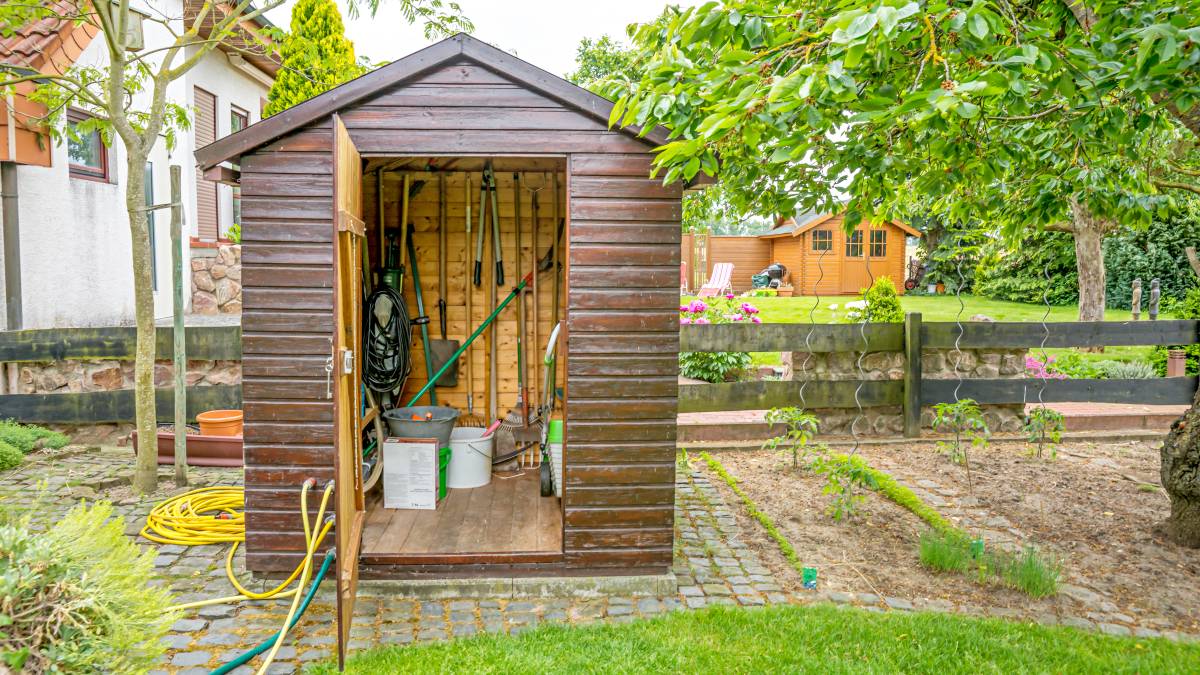
How to move a shed
Read more

How to pack bedding for moving
Read more
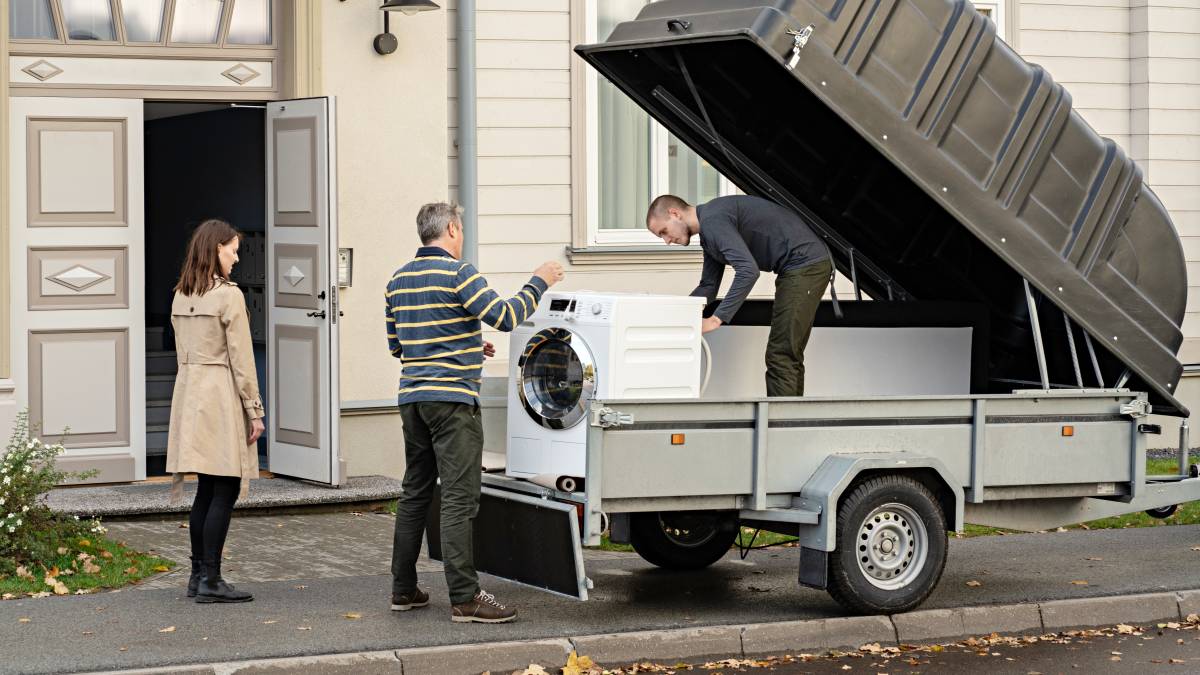
How to move a washing machine
Read more

How to move a pool table
Read more

How to move a vending machine
Read more

How to pack artwork for moving
Read more
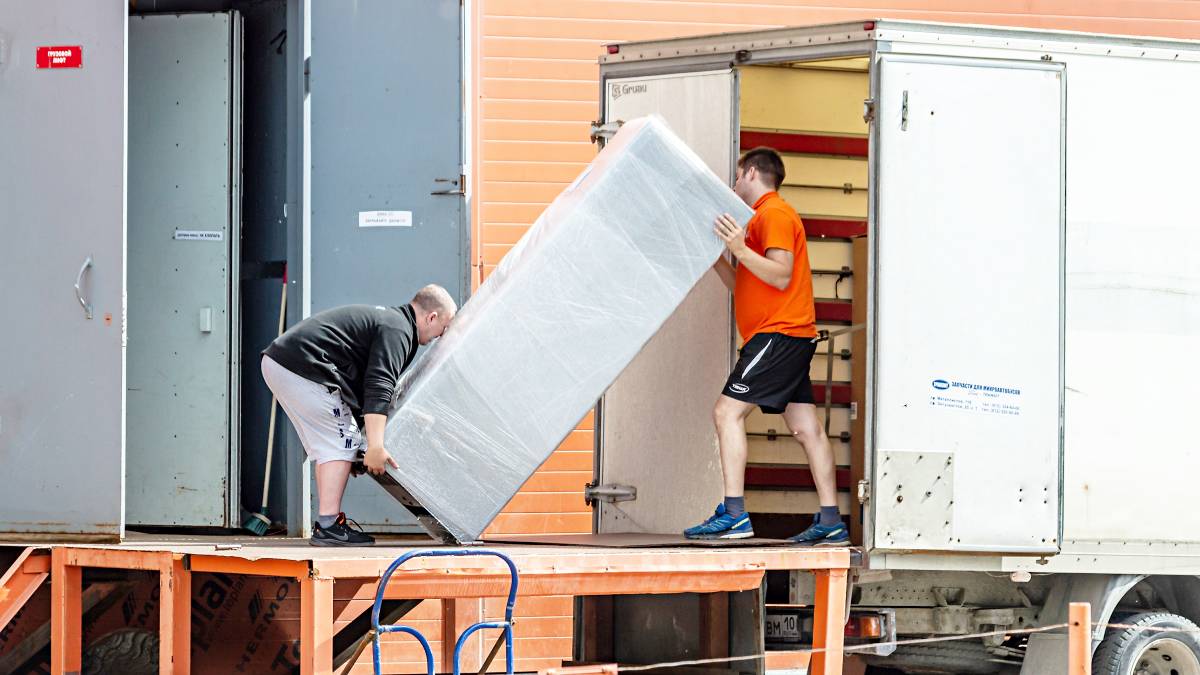
Moving a fridge: How to do it right
Read more

How to move a pinball machine
Read more

How to wrap furniture for moving
Read more

What moving companies won’t move
Read more

A guide to becoming a removalist
Read more
Related price guides
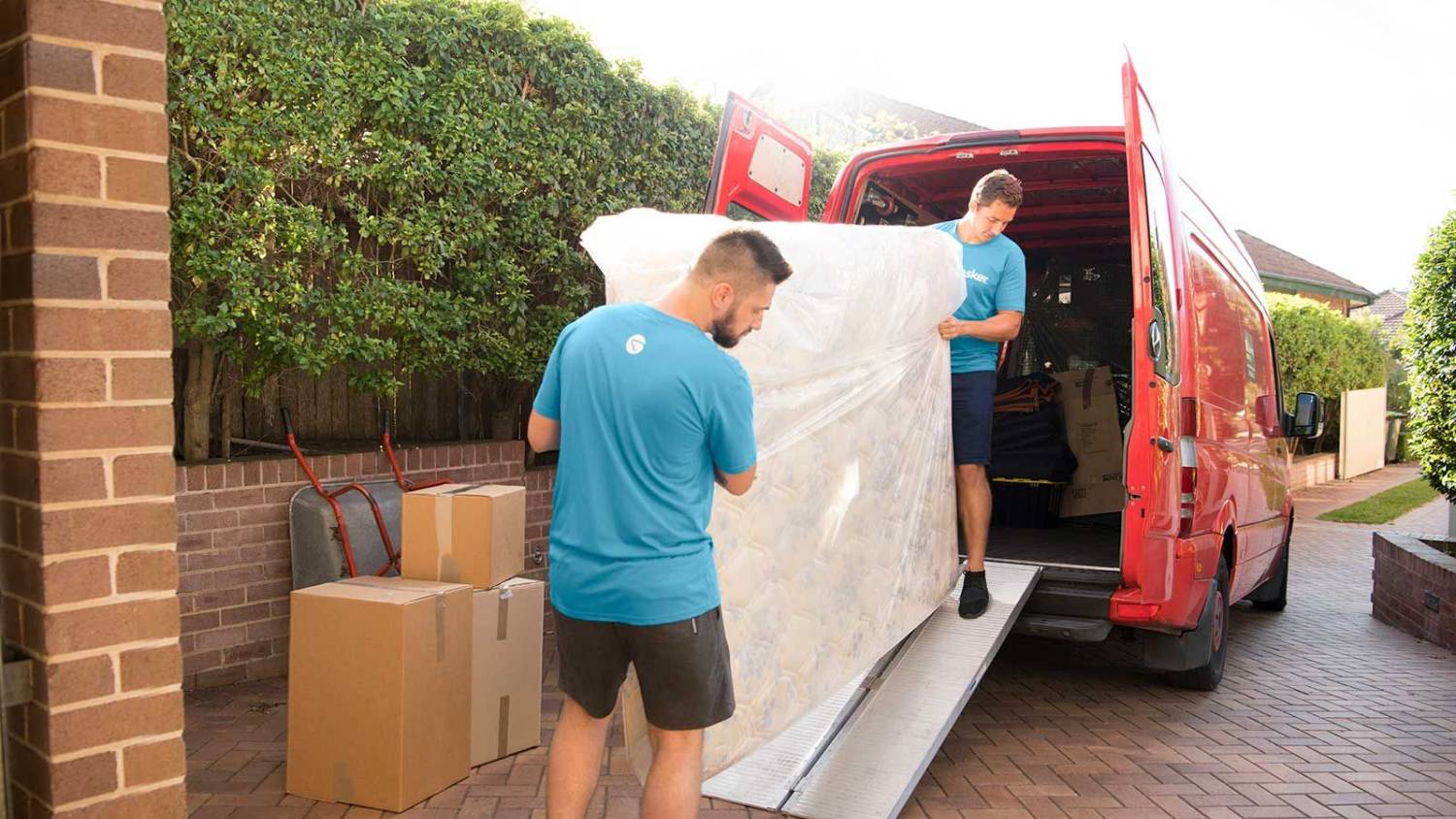
How much does it cost to move house?
Read more

How much does it cost to move house?
Read more

How much do packers cost?
Read more
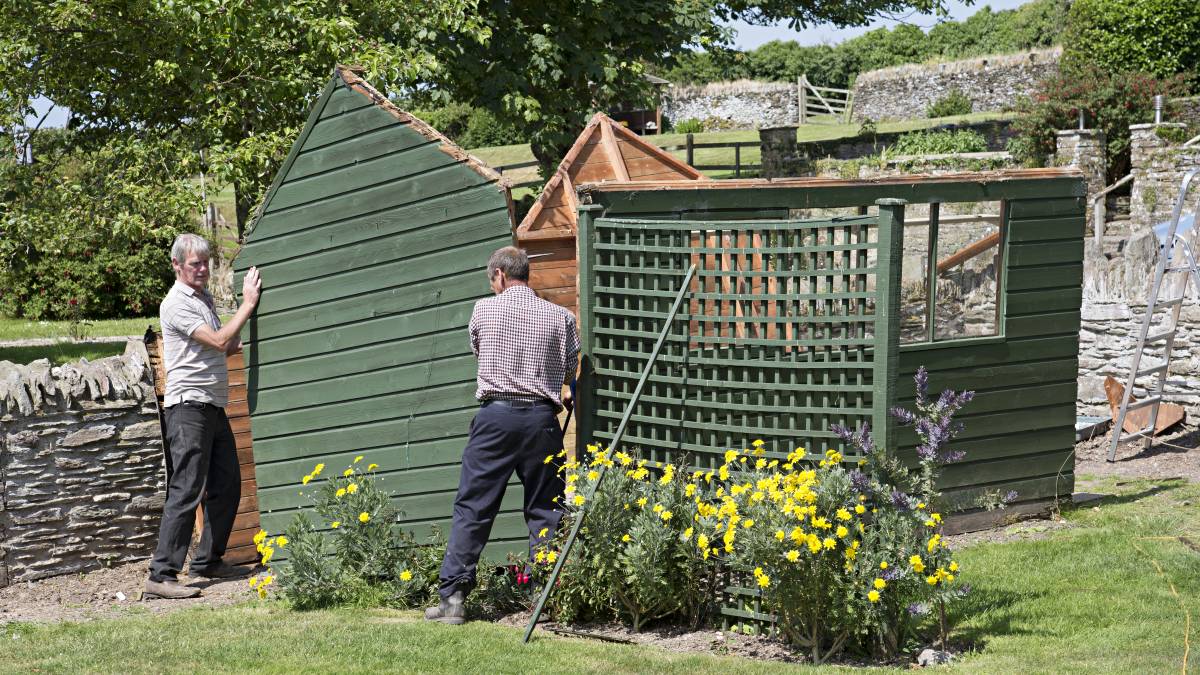
How much does shed removal cost?
Read more

How much does piano moving cost?
Read more

How much do removals cost?
Read more



